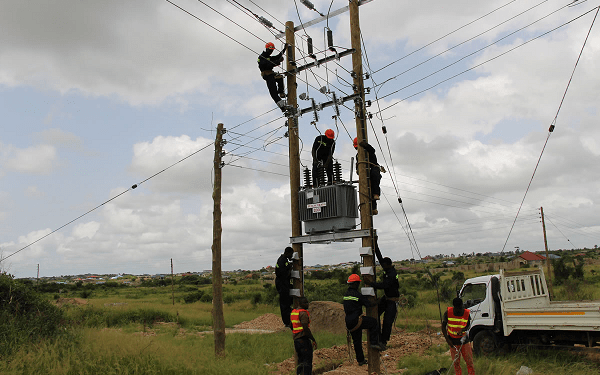Government Completes 13 Rural Electrification Projects to Boost Energy Access
Ghana’s Ministry of Energy and Green Transition has completed rural electrification projects in 13 communities across the Central Gonja District of the Savannah Region, marking another milestone in the government’s effort to expand access to reliable electricity in underserved areas.
Energy and Green Transition Minister, John Abdulai Jinapor, is expected to officially commission the projects on Saturday, October 11, 2025. The beneficiary communities include Zomlampe, Nikpegu, Torope, Dokope, Kpatinyan, Darivogupe, Bagpe, Dawunipe, Diwurupe, Larigbani, Mammudupe, Sankaupe and Nyinyape.
The projects form part of the National Electrification Scheme — a long-term government initiative designed to extend power infrastructure to rural areas, stimulate local enterprise, and improve living standards. Ghana’s current electrification rate stands at about 88%, one of the highest in sub-Saharan Africa, but access gaps remain significant in parts of the northern regions.
In a statement ahead of the commissioning, Mr. Jinapor reiterated the government’s commitment to equitable energy distribution as a cornerstone of Ghana’s transition toward sustainable growth.
“Electricity is not just about lighting homes; it is about powering opportunity, driving enterprise, and transforming lives,” he said. “Through projects like this, we are delivering on our promise to make energy the bedrock of Ghana’s green and inclusive development.”
The commissioning ceremony is expected to draw traditional authorities, opinion leaders, officials from the Northern Electricity Distribution Company (NEDCO), and representatives from the Central Gonja District Assembly.
According to the Ministry, the initiative reflects the government’s broader energy transition strategy — one that aims to balance increased access to power with a gradual shift toward renewable energy sources. Officials said the programme underscores Ghana’s determination to ensure that “no community is left behind” in the drive toward universal energy access and sustainable national development.







